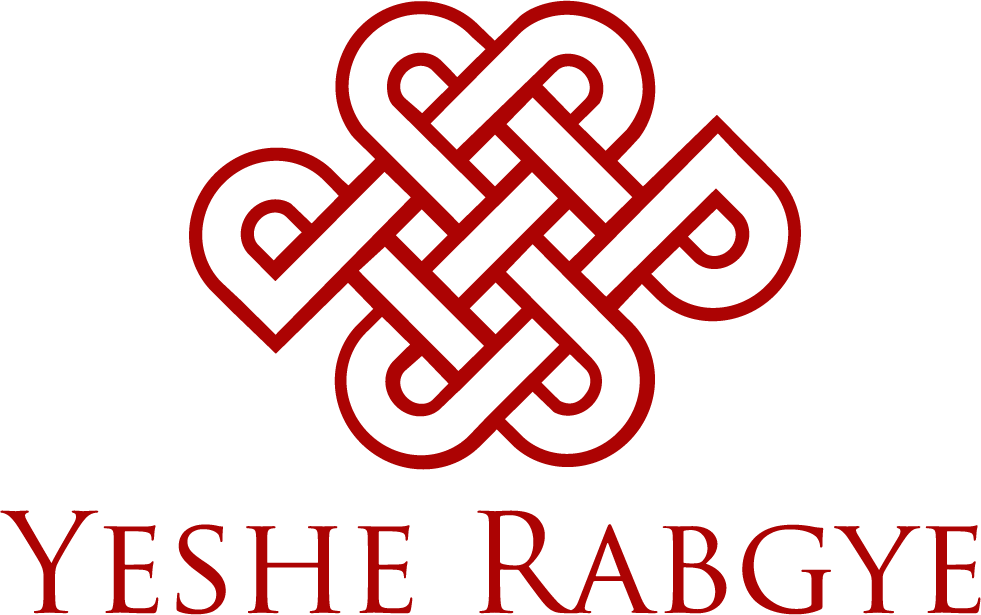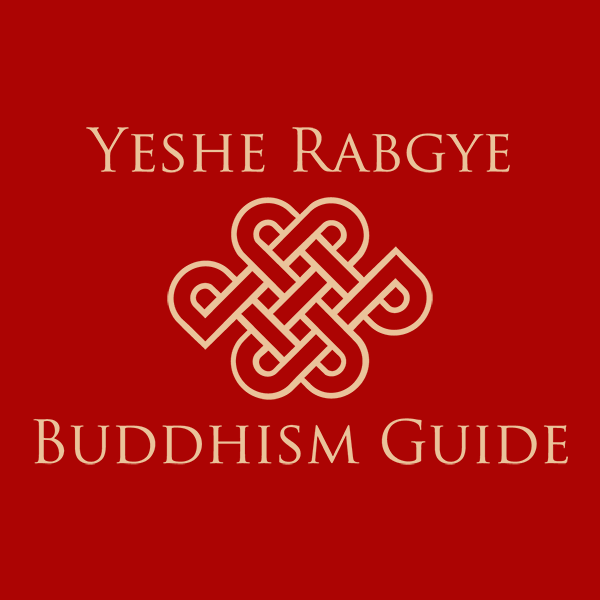The Five Precepts – The Buddha Dharma Series
I have been asked on numerous occasions to lay out, in an understandable manner, the teachings of Buddha. So, over the coming months I will articulate the Buddha dharma in an order that I hope you will find both informative and easy to understand and implement. I am going to begin with the five precepts.
Gautama Buddha said:
‘Now, there are these five gifts, five great gifts—original, long-standing, traditional, ancient, unadulterated, unadulterated from the beginning—that are not open to suspicion, will never be open to suspicion, and are unfaulted by knowledgeable contemplatives and Brahmans.’
So, what five gifts was he talking about? He was talking about the five precepts.
The precepts are the gateway into Buddha dharma. They are like the training wheels on a kid’s bike. That doesn’t mean they’re elementary and easy to do, because they’re not. They are also not commandments and we are not being told ‘thou shalt not’ do something. They are more like guidelines that will help keep us on the straight and narrow. If we follow these guidelines, we will not bring harm to ourselves and others. These guidelines are undertaken so we can work towards reducing our suffering and the suffering of all beings – this is a theme that runs all the way through the Buddha dharma. If we really want to be a responsible person within society, we have to ensure we are not harming anyone or anything. These five precepts will help us achieve that goal.
I have told this story before, but I believe it is helpful to mention it again. When I first decided to become a Buddhist monk, I was given these five precepts and told to hold them for six months. After six months I had to return to my teacher and discuss how I got on. Only after that was I allowed to take my full vows. I found them easy to understand, but not so easy to keep on a day to day basis. I would recite them before I got out of bed each morning as a kind of a mental reminder and to set my intention for the day. If I strayed during the day, which I invariably did, I would retake the precepts and strengthen my resolve not to break them again. Having this experience has helped me understand how hugely important these precepts are, and what a great springboard into the Buddha dharma they are.
The precepts are:
- Refrain from taking life
- Refrain from false speech
- Refrain from taking what has not been freely given
- Refrain from harming others with the sexual act
- Refrain from intoxicants and illegal drugs
The Dhammapada (verses 246–247) explain the precepts in this way:
‘One who destroys life, who speaks untruth, who takes what is not given, who goes to another man’s wife or woman’s husband, who gives himself/herself to drinking intoxicating liquors, he/she, even in this world, digs up his/her own root.’
So, let’s go through each precept individually, but bear in mind these are my interpretations and may differ from a more traditional approach. I have tried to make the precepts relevant to today’s world and I have also added my own personal perspective. As with all Buddha dharma, you will have to decide for yourself what does or doesn’t work for you.
Refrain from taking life
This one seems obvious, but it means more than not killing other humans; it includes all sentient beings. It also covers refraining from getting others to kill on your behalf.
For me this goes much further than just killing. I personally believe it covers not eating meat, mindlessly killing insects, picking flowers and cutting trees. It means being mindful of all of Mother Nature’s inhabitants and their contributions to our ecosystem. I believe we should reflect before we chop down a tree, pick a flower or squash a bug. Remember, all actions have consequences, some may be seen and others unseen, but there will be a consequence somewhere down the line.
Everything on our planet has an intention for living, being peaceful, happy and not suffering and their lives are just as crucial as our own when it comes to maintaining our world.
This precept, for me, means not causing harm to humans, animals, plants and all other living things.
It is talking about intentional killing and not unintentional killing. It is impossible to go through life without unintentionally killing things. If you go for a pleasant walk across some fields, you will be unintentionally killing small insects. Your intention was to go for a walk, it wasn’t to kill insects, so this precept is not talking about that. Having said that, we must be careful wherever we walk and make sure we don’t mindlessly step on insects.
On a personal note, this precept is talking about not killing or harming things, and so I find it hard to accept the fact that we are breeding animals, keeping them captive and then killing them for food. Eating meat and adhering to this precept are not compatible. I understand this precept is a guideline and not a commandment, but I would ask you to please spare the animal a thought and try to work towards becoming a vegetarian or vegan.

Refrain from false speech
Words hold power and using them carelessly can cause destruction. Do not say anything until you mentally confirm it to be true, helpful and kind. Don’t gossip, exaggerate or lie. Instead, practice responsible honesty with only good intentions. Dedicate yourself to loyalty and share only useful and credible news and information.
Once we have lied to someone, we invariably have to tell another lie to cover the first one, and then another, and another, until we have created a web of lies. Before we know it, we have unwittingly become a liar and that is a label that is difficult to shake off.
I know that people say they lied so as not to hurt the other person’s feelings, but do they consider how that person will feel when they find out they have been lied to? Maybe the truth is painful or difficult to say, but it is possible to say it in a kind and sympathetic way. You can support them once you have told them the truth. I believe, it is always kinder in the long run to tell someone the truth.
On a personal note, I get upset when I have been lied to, as most people do, and so I keep this fact in mind when I am talking to others.
Refrain from taking what has not been freely given
Do not take what has not been given to you, whether it’s materialistic, opportunistic or emotional. There are a number of activities that are considered stealing, including participating in underhand deals, fraudulent activities, cheating or committing forgery. Borrowing another person’s belongings without permission is also considered forms of stealing.
If we take something that has not been given or belongs to someone else, this is stealing. It may be a pen from work, a magazine from the doctor’s waiting room or fruit from someone’s orchard. No matter how big or small, it is still stealing.
We seem to have accepted certain forms of stealing and do not see it as a problem. I am talking about taking things from our place of work, such as stationery items from an office, bread or milk from a catering establishment and nuts and bolts from a factory. We shouldn’t fool ourselves: these things have not been given to us, and so it is stealing.
Again, on a personal note, I believe taking eggs from chickens and milk from cows constitutes taking what has not been freely given. The animal has had no choice in this process and so I feel it is a form of stealing. As I have said before, these precepts are not hard and fast rules, so you have to see how far you are willing to go to adhere to them. I am just giving my own personal view point here and you are free to take it or leave it..

Refrain from harming others with the sexual act
Generally speaking, this precept refers to committing sexual indiscretions such as adultery, rape, incest and sex with a minor. If we physically, emotionally or mentally force someone into sex, this is causing him or her harm. There are many people today still carrying the scars of sexual misconduct. So, this precept should not be taken lightly.
I personally believe that Gautama Buddha taught the precept on sexual misconduct to help us refrain from harming someone through the sexual act. He did not teach it to be moralistic or make people feel guilty for their sexual orientation. If the sexual act is not going to cause harm it should be consensual, affectionate, loving and not break any marriage vow or commitment. It does not have anything to do with sexual orientation. We cannot choose our sexual orientation, as we cannot choose our race or gender, so it is cruel to penalise someone for something out of his or her control.
I think another aspect of this precept that should be looked at whilst considering sexual misconduct is people trafficking, that is, taking people and forcing them to enter the sex industry. It is estimated that around 1.2 million children are forced into prostitution or pornography, and their average age is between twelve and fourteen years old. The human suffering in the trafficking industry is staggering.
Refrain from intoxicants and illegal drugs
The last precept is to avoid abusive use of alcohol and avoid illegal drugs altogether, as well as other substances that impact mindfulness and fuel irresponsibility.
I have deliberately put ‘abusive use’ of alcohol because I believe drinking in moderation is not a problem. Nobody is saying you cannot have a glass of wine with dinner or a pint after work. What is being said is that when we are completely inebriated, we lose control of our body, speech and mind. This precept is quite often the cause of the previous four precepts, so is very important to adhere to.
You may be driving home under the influence of drink or illegal drugs and have an accident and kill someone; you may steal money to cover our drink or drug addiction; come out with a pack of lies because you have no control over your mouth; or have unsafe sex with someone you met in a bar, not even considering that you or they may be married, underage or haven’t consented.
Alcohol and illegal drugs are very additive and can destroy your life and the lives of those around you. So, it is important to ensure we don’t lose control of our thought processes because we are under the influence of drink and drugs.
These are the guidelines Buddha advised us to follow and I believe they are of great help to us in life and on our path to follow the Buddha dharma. It goes without saying that we will fall short sometimes, but that is all part and parcel of the learning process. If you fall, get up and try again. Don’t give up. The more we try to adhere to these precepts, the more they will become a habit, and those habits will eventually become our behaviour, who we are. We all need boundaries in life, and I think these five are a wonderful starting point.
You can read more blogs, listen to podcasts, watch videos and practice guided meditations on the Buddhism Guide app. Available from the Apple Store and Google Play.
If you would like to become a supporter of Buddhism Guides work, such as podcasts, blogs, videos and guided meditation practices, please visit here. You can support for as little as $2 a month.



